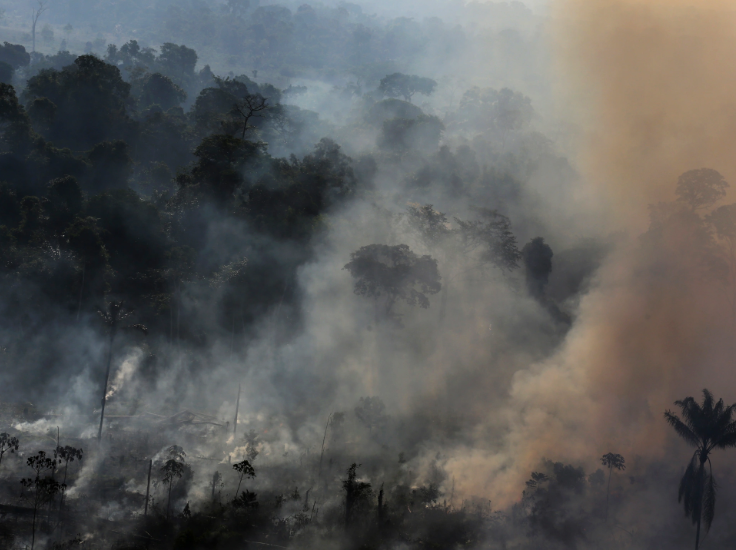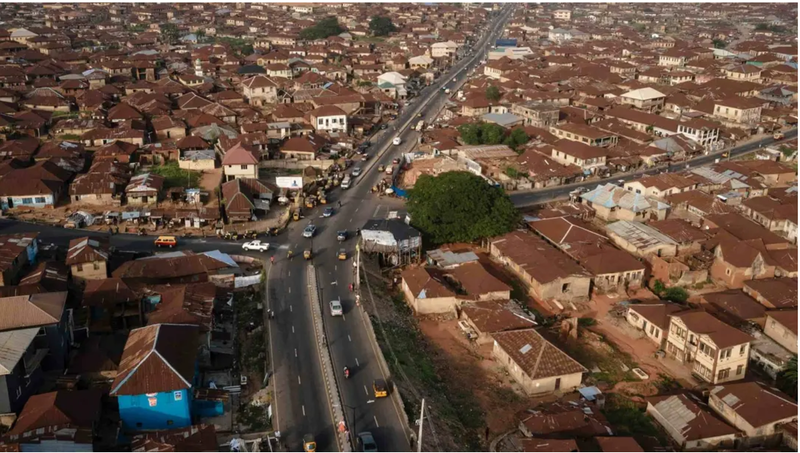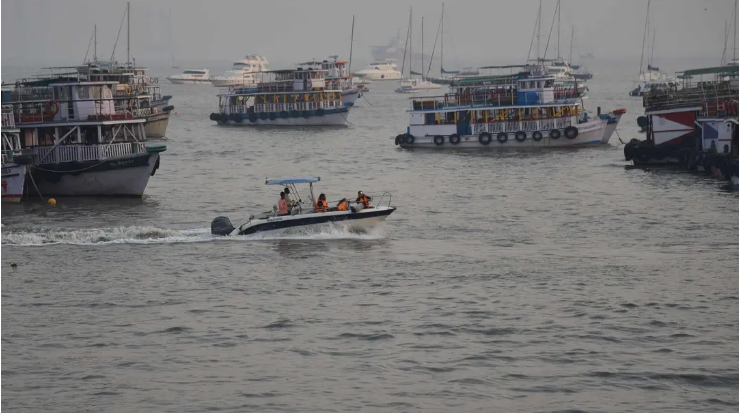Report: India, Brazil Among the Most Dangerous Places for Activists
According to a report released on Wednesday, India, Brazil, Mexico, and Cambodia are among the most dangerous places on the globe for human rights defenders.

Facts
- According to a report released on Wednesday, India, Brazil, Mexico, and Cambodia are among the most dangerous places on the globe for human rights defenders.1
- As per the report, published by the UK-based Business & Human Rights Resource Centre, Brazil topped the list with 63 attacks recorded against activists in 2022, followed by India with 54 and Mexico with 44 attacks in the same year.2
- Meanwhile, Cambodia had 40 recorded attacks, followed by the Philippines with 32 and Honduras with 31 attacks. Belarus, Peru, Colombia, and Uganda were the next most dangerous countries, with between 17 and 28 recorded attacks.3
- The research found that 75% of the more than 550 recorded attacks worldwide were related to activists advocating for land, climate, or environmental rights, and that one-fifth of the attacks targeted Indigenous activists.4
- The report added that, although it was difficult to identify the perpetrators of the attacks, 235 incidents, or about 43% of the cases, were linked to multinational companies or their subsidiaries.1
Sources: 1Al Jazeera, 2The Business Post, 3News, and 4Mint.
Narratives
- Narrative A, as provided by The Wire. This scale of attacks against activists shows that governments worldwide are failing to protect their countries' human rights. Multinational corporations should not be threatening the health and safety of political activists who have a thorough knowledge of the inner workings of local contexts, human rights, and environmental risks. Instead, they should partner with these activists and utilize their expertise for good.
- Narrative B, as provided by France 24. Although nothing justifies unprovoked attacks, global activists should not be generically portrayed as a force for good, especially when many of them face accusations of spreading dangerous misinformation about the establishment. Unfortunately, they usually rely on tactics that are hard to police without limiting free speech or taking administrative action. As they increasingly become the most dangerous spreaders of misinformation stoking opposition to critical developmental projects, it is imperative to dispel lies and protect stability in countries across the world.
Predictions
How many people will be living in liberal democracies in the world in the following years?
Metaculus is a community dedicated to generating accurate predictions about future real-world events by aggregating the collective wisdom, insight, and intelligence of its participants.








